Home » Editorial Policy
Editorial Policy
At The Jenerali Post, our editorial independence is the single most important pillar that supports our identity as a newsroom. Without it, our work would lose meaning, and our audience would be left with commentary that is diluted by external interests. We exist for our readers, and it is for them that we safeguard our editorial voice. Independence allows us to make decisions governed by principles—not instructions from donors, advertisers, or political stakeholders seeking control over our narratives. This is not rhetoric but a conviction that determines every publishing choice at The Jenerali Post.
Our editorial philosophy places truth at the very top of the pyramid. Journalism, to us, is only worthy of that name when it is rooted in accuracy. That means that before any of our stories are published, they pass through multiple layers of verification. We maintain a professional fact-checking desk tasked with validating claims, cross-referencing reports with reliable documentation, and ensuring that quotations are presented fairly and without manipulation. This is a deliberate, sometimes painstaking process, but it ensures that our content withstands scrutiny long after it has been published.
Another layer of our editorial policy concerns representation and balance. Africa’s stories are too often reduced to simplistic frameworks—one voice, one angle, one interpretation. At The Jenerali Post, we commit to presenting social, political, and cultural conversations with nuance. Reports on governance, human rights, or development must include diverse perspectives that give our readers a textured view of reality. We resist the temptation of “false balance” but commit to including viewpoints that are relevant, evidence-based, and integral in shaping a complete picture.
We also consider ourselves accountable to our readers. Mistakes in journalism are inevitable—humans curate reports, process data, and interpret events—yet mistakes should never be concealed. For this reason, we have an open Corrections and Clarifications policy, which ensures that any factual inaccuracies are corrected in a timely and visible manner. The corrections are logged transparently so readers can trace both the error and the updated correction, reinforcing our emphasis on trust rather than perfection.
Independence does not stop with facts—it extends to financial transparency. We accept revenue from advertising, sponsorships, and limited partnerships as part of sustaining our journalism. However, none of our editorial decisions are guided by advertisers. Paid partnerships are explicitly labeled “sponsored content,” highlighted as distinct from newsroom reporting, and reviewed to ensure they meet our standards of accuracy and relevance. Readers must never be confused between editorial content and promotional messaging. This clear separation of business and editorial matters is fundamental.
Our duty of fairness extends beyond neutrality. Neutrality, on its own, is not the highest goal of journalism—truth is. Occasionally, protecting truth means confronting power or exposing harmful behavior, even at the risk of being accused of “bias.” Our editorial policy ensures that fairness means we accurately and fairly represent individuals or groups in question, but this will not prevent us from reaching conclusions, questioning institutions, or spotlighting injustice where it exists.
Intellectual honesty underpins our editing, writing, and reporting. Writers and contributors are guided to declare conflicts of interest in advance, and every editorial decision is documented for accountability. Our team adheres to professional codes such as those of the Society of Professional Journalists, adapting their ethics to the African context we primarily serve. This framework enables us to meet globally respected standards while staying grounded in local realities.
Building trust with our readers requires not only accurate reports but also transparency about processes. Readers are encouraged to contact our editors when they feel coverage lacks accuracy, balance, or clarity. This dialogue strengthens accountability and allows us to remain close to the community we report on. Journalism, to us, is more than the act of writing; it is a relationship of credibility negotiated daily between newsroom and reader.
Finally, our editorial policy is ultimately about impact. The Jenerali Post exists to shape conversations—not to passively record them. Every editorial decision must serve the public’s right to know, the public’s need to question, and society’s demand for a press that operates boldly without fear or favor. In our view, journalism is an essential form of public service, and editorial independence is the oxygen that allows that service to survive.
By following this policy, The Jenerali Post aims to nurture a generation of readers who are not only informed but empowered to analyze, critique, and engage with the issues that shape Africa and the world. Independence builds trust. Trust builds readership. And readership builds the foundation of democracy, one truthful story at a time.
